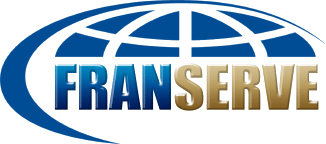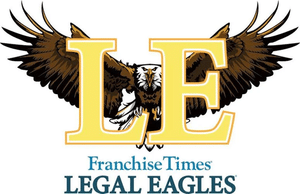This article by Tom Spadea was featured in the October 2024 issue of Franchise Dictionary Magazine.

The founder’s role is pivotal, and their comprehension of this role, as well as their patience and emotional intelligence, can make or break the brand’s growth. For emerging brands, the founder’s leadership skills play an outsized role in determining their success. When founders transition their brand into a franchise system, they are essentially venturing into a new industry, distinct from their core business operation. This shift requires them to acquire a deep understanding of the nuances, best practices and qualities necessary for a successful franchisor. While having a successful underlying business is a fundamental prerequisite for franchising, it’s far from sufficient.
A primary question to address is whether the business demands local ownership to nurture, expand and sustain its operations. Most successful franchise systems rely on having a local presence to scale effectively. If a business can function nationally without the necessity of a local footprint, such as our law firm, franchising may not be the ideal route for scaling.
In addition to locality, the next big question is financial viability. Does the business offer high, replicable profit margins? Does it address a market need in a unique way that provides a competitive edge over small, independent competitors? This is crucial because franchising is a long-term endeavor that demands significant upfront investments in terms of cost, time and effort. The most successful franchise systems establish robust regional or national ecosystems that create barriers to entry for others, continually enhancing their franchisees’ competitive advantage year after year. However, this can only occur when the person at the helm comprehends their leadership responsibilities and is well-prepared for the task.
To see all of Tom’s featured articles on The Franchise Dictionary Magazine, visit this page.







